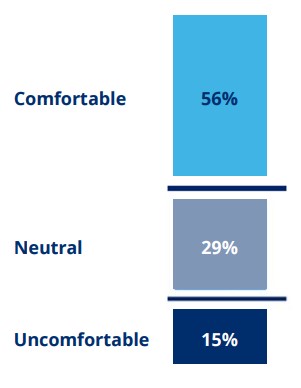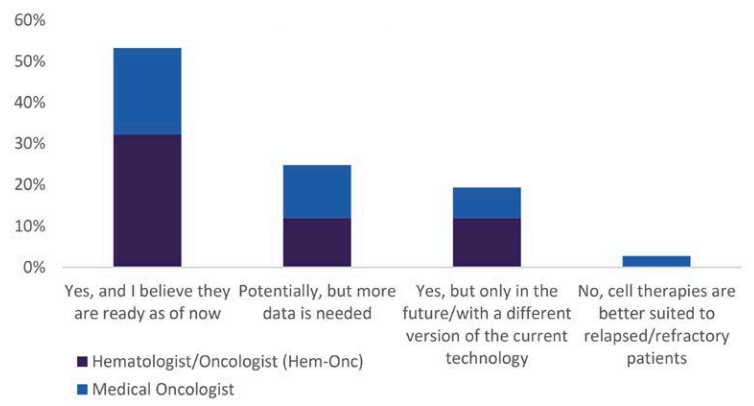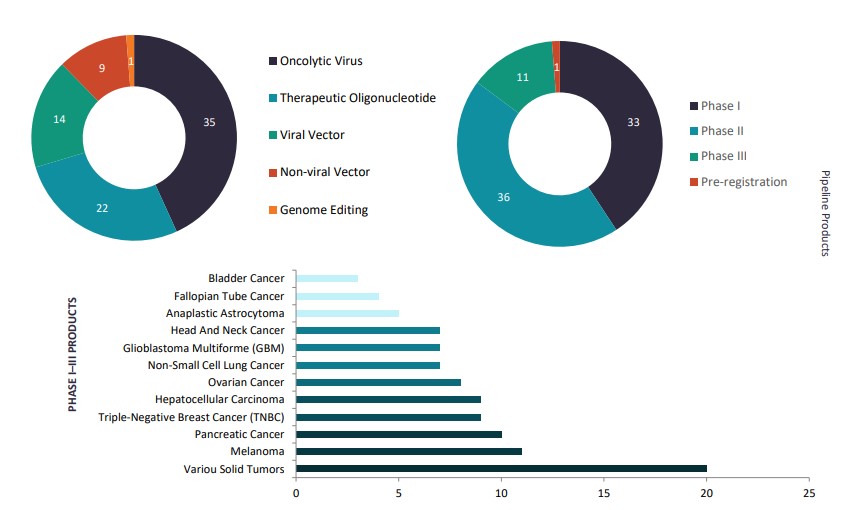Oximio Regional Map
We work according to the demands, logistics and regulations of each market around the world.
To get more local information, please click on the country of your interest.
- Oximio’s Central Depots
- Oximio’s Customs Bonded Depots
- Oximio’s Partner Depots


